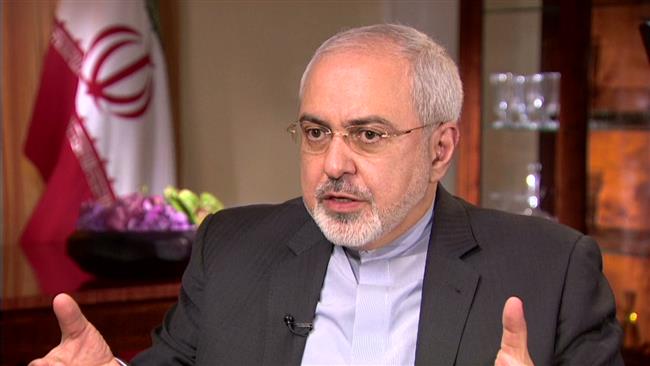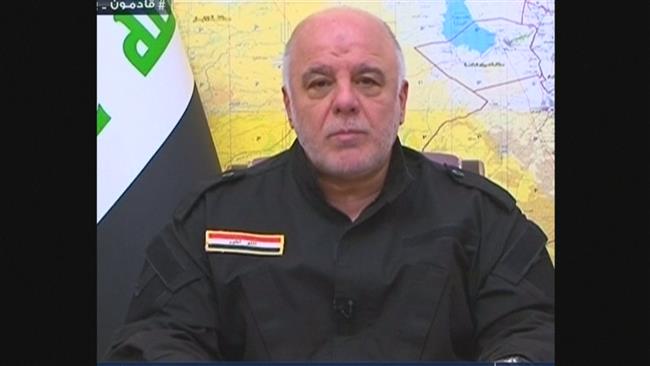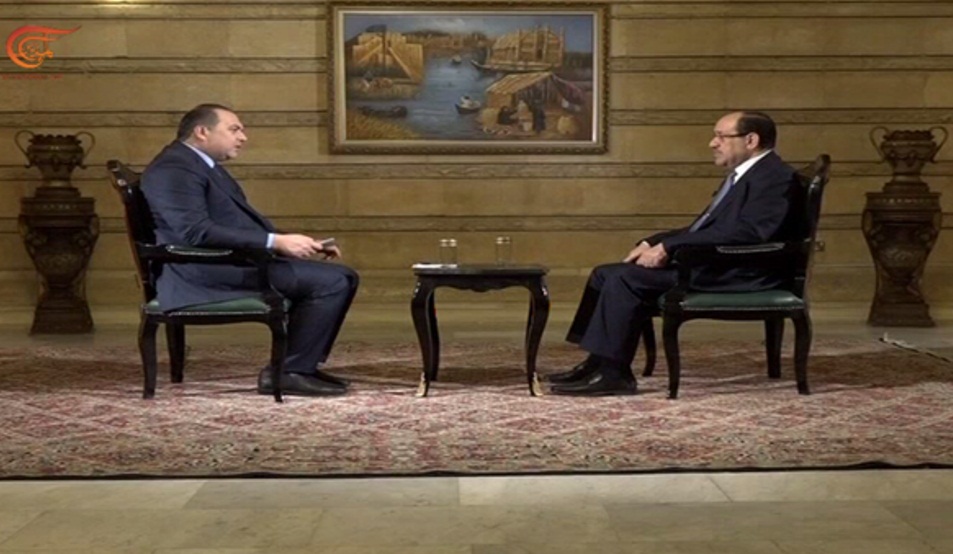US addicted to imposing sanctions but Iran is immunized: Foreign minister Zarif


Amid US President Donald Trump’s threats to pull out of the historic nuclear deal signed between Iran and the P5+1 group of countries more than two years ago, Iranian Foreign Minister Mohammad Javad Zarif says the United States is addicted to imposing sanctions but after four decades of such bans Iran is invulnerable.
“The United States has had a policy of imposing sanctions on Iran for the past 40 years. Basically, they have immunized us to US sanctions,” Zarif said in an interview with Qatar-based broadcaster Al Jazeera released on Saturday.
“But from a global perspective, it seems that the United States is addicted to sanctions,” he added in response to a question about speculations on a possible decision by Trump and the US Congress to impose sanctions on the Islamic Republic.
“They believe that sanctions do work. In fact, I think they [American officials] should have learnt by now that sanctions don’t work,” he pointed out.
Iran and the five permanent members of the United Nations Security Council – the United States, France, Britain, Russia and China – plus Germany signed the nuclear agreement, known as the Joint Comprehensive Plan of Action (JCPOA), on July 14, 2015 and started implementing it on January 16, 2016.
Under the JCPOA, Iran undertook to put limitations on its nuclear program in exchange for the removal of nuclear-related sanctions imposed against Tehran.
During his speech at the UN General Assembly on September 19, Trump described the JCPOA as “the worst and most one-sided transaction Washington has ever entered into,” a characterization he often used during his presidential campaign.
The US Republican president faces an October 15 deadline for certifying that Iran is complying with the deal. Such certification is needed by US law every 90 days in order for Congress to continue to withhold nuclear-related sanctions against Iran.
The Trump administration has twice so far certified Iran’s compliance with the deal, but reports say he will most likely refuse to do that for a third time, leaving the Republican-controlled Congress to decide in 60 days whether to re-impose anti-Iran sanctions waived under the deal. That would let Congress effectively decide whether to kill the deal.
While the International Atomic Energy Agency (IAEA) has on multiple occasions confirmed Iran’s compliance with its commitments under the nuclear deal, the Trump administration itself has not been able to point to a single area in which Iran is in breach of the terms of the agreement.
Read more:
Also in his interview, the Iranian foreign minister criticized the US president for his threats to walk away from the JCPOA and said such remarks would fail to “help peace and security in the region” and would harm Washington’s long-term interests.
“The nuclear deal is the result of 10 years of posturing and two years of negotiations. Unfortunately, this administration is going back to posturing,” Zarif said.
“I think it is an ill-informed statement, because certainly, any deal would not be a perfect deal for all sides; it has to be less than perfect so all sides can live with it,” he added in reference to Trump’s remarks that the deal in not a good one for the United States.
The top Iranian diplomat warned that the international community could never trust the US again if it violated the deal.
He also emphasized that any US violation of the JCPOA would result in Iran’s partial or complete withdrawal from the agreement, saying Tehran would be undeterred by threats of sanctions.
A European official said on Thursday that the European Union would not follow the United States if Washington decided to trample on its obligations under the multilateral nuclear deal with Iran.
“We will not follow the United States in reneging on our international obligations with this deal,” said the official. “Not the E-3, nor the rest of the 28” members of the EU, he added, referring to France, the United Kingdom, and Germany, the three European parties to the deal with Iran.





